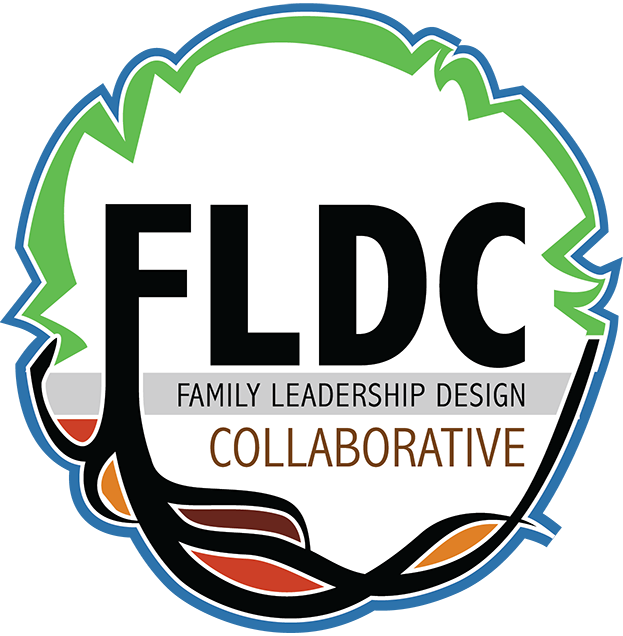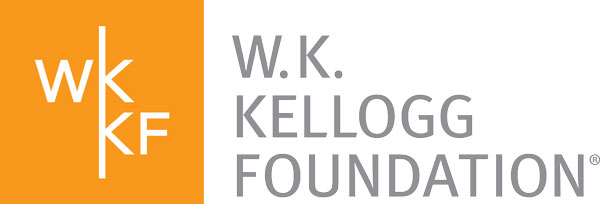Adult vs. Child-Centered Learning: Why We Need Another Path

Adult vs. Child-Centered Learning: Why We Need Another Path highlights an article by Shirin Vossoughi and colleagues. They examine intergenerational learning that attends to and is reflective of “embodied collaboration” as a path towards educational justice. Read Here
Dreams, Healing and Listening to Learn: Educational Movements in the Everyday

Timothy San Pedro recently co-authored, Dreams, Healing and Listening to Learn: Educational Movements in the Everyday. In this article they aim to answer: what does education look like when it is supported and directed by the dreams, hopes and the aspirations of community leadership? Read Here
Protecting the Promise: Indigenous Education Between Mothers and Their Children, will be released on April 2nd.
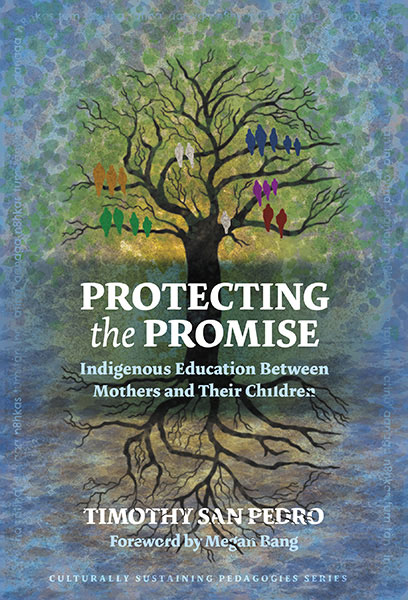
Timothy San Pedro will be releasing his new book, Protecting the Promise: Indigenous Education Between Mothers and Their Children (Culturally Sustaining Pedagogies Series) on April 2nd! This new book features short stories from “five Native families that speak to the everyday aspects of Indigenous educational resurgence rooted in the intergenerational learning that occurs between mothers […]
Elevating the Objectives of Higher Education to Effectively Serve Students from Diverse Socioeconomic Backgrounds
Shirin Vossoughi recently co-authored, Elevating the Objectives of Higher Education to Effectively Serve Students from Diverse Socioeconomic Backgrounds. The authors provide evidence-based recommendations to colleges and universities to better support students from diverse socioeconomic backgrounds. Read Article
Gentrifying Neighborhoods, Gentrifying Schools? An Emerging Typology of School Changes in a Gentrifying Urban School
Terrance Green and others recently published, Gentrifying Neighborhoods, Gentrifying Schools? An Emerging Typology of School Changes in a Gentrifying Urban School District, providing a framework to explain the effects of gentrification on schools. Read Article
Enacting Relationships of Kinship and Care in Educational and Research Settings
Ananda Marin, Megan Bang and others co-authored a book chapter, Enacting Relationship of Kinship and Care in Educational and Research Settings. The authors share from their life experiences and stories from engaging in research with youth and communities to provide researchers with methods for self-care and protection. Learn More
Tinkering Afterschool Program Demonstrates Moving Beyond Binary of Adult-Versus Centered Education

Shirin Vossoughi co-authored an op-ed, Tinkering Afterschool Program Demonstrates Moving Beyond Binary of Adult-Versus Child-centered education, in Youth Today. The authors discuss the limitations of the adult- versus child-centered binaries in teaching, and highlights teaching in which both student and teacher are active participants in making meaning together. Read Article
A call for a moratorium on damage-centered early childhood teacher education: envisioning just futures for our profession
Mariana Souto-Manning recently published “A call for a moratorium on damage-centered early childhood teacher education: envisioning just futures for our profession”, where she calls for a shift to desire-centered early childhood teacher education from a damage-centered perspective. Read More
Beyond the Binary of Adult Versus Child Centered Learning: Pedagogies of Joint Activity in the Context of Making
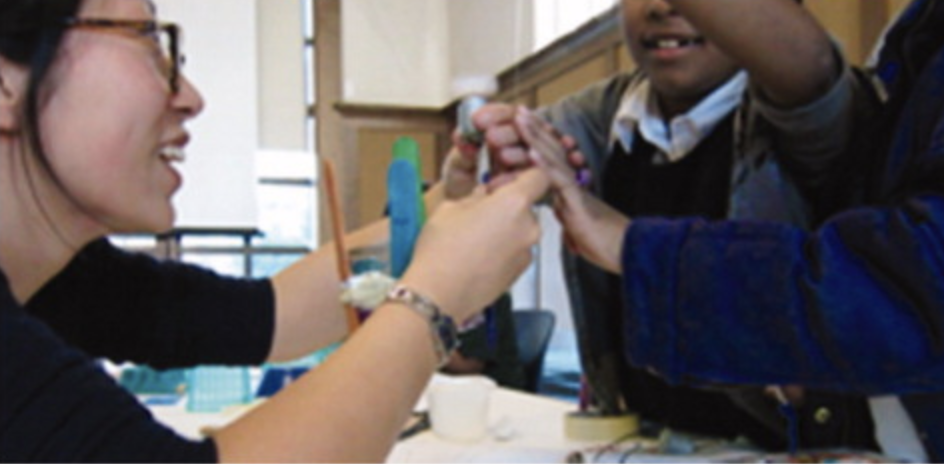
Shirin Vossoughi co-authored Beyond the Binary of Adult Versus Child Centered Learning: Pedagogies of Joint Activity in the Context of Making, where the authors make the argument that educator supports for their students are limited by the binary of adult vs child – so it’s time for a more “complex view” when considering how to […]
Fixating on Pandemic “Learning Loss” Undermines the Need to Transform
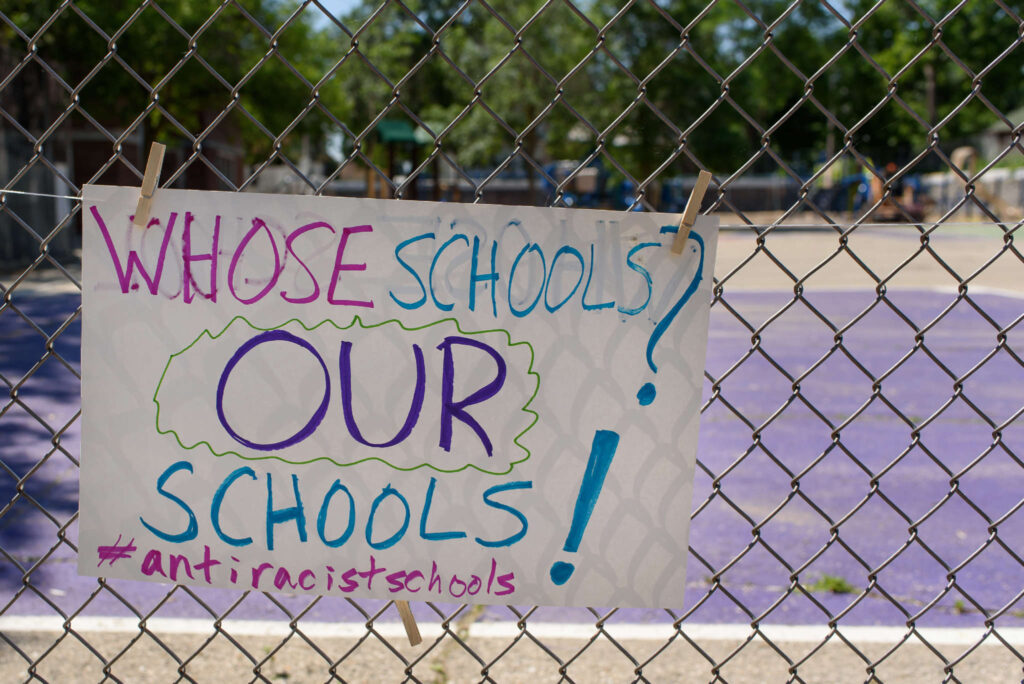
Maxine McKinney de Royston and Shirin Vossoughi co-authored an op-ed with Truthout, “Fixating on Pandemic ‘Learning Loss’ Undermines the Need to Transform Education”. The authors call for the need to redefine the purposes and the practices of education and the necessity to challenge the “learning loss” narrative along with other harmful educational myths that especially […]
What is TribalCrit?

Tribal Critical Race Theory (TribalCrit) was developed decades ago by Bryan McKinley Jones Brayboy. However, in a recent publication with the National Education Policy Center, TribalCrit is reentered as it is resonant today given the state of the nation. To read more about “What is TribalCrit?”, click here. Download
New Book: Don’t Look Away
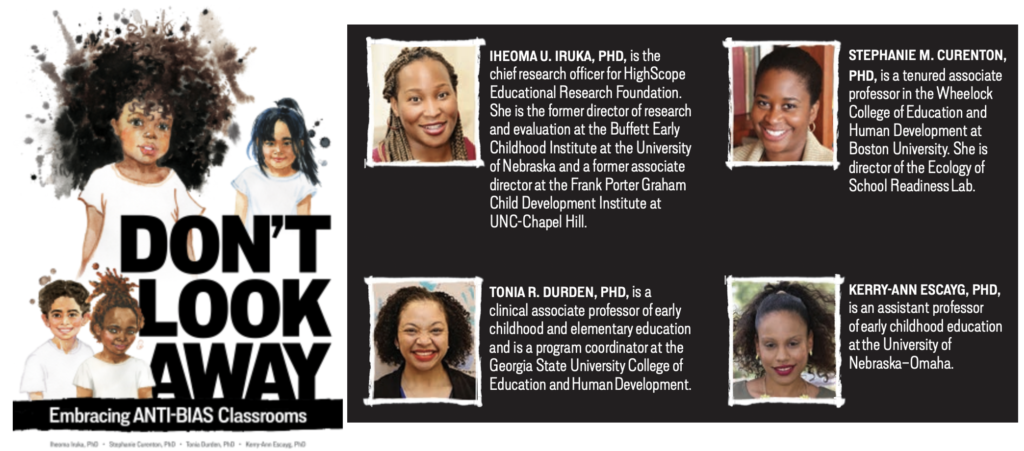
Iheoma Iruka and her colleagues recently published Don’t Look Away: Embracing Anti-Bias Classrooms. This book “leads early childhood professionals to explore and address issues of bias, equity, low expectations, and family engagement to ensure culturally responsive experiences.” To read more and purchase, click here. Purchase
New Terrains for Familiar Places: Re-Conceptualizing Families Engaged in Educational Changemaking

Former FLDC research assistant Charlene Montaño Nolan recently completed her dissertation New Terrains for Familiar Places: Re-Conceptualizing Families Engaged in Educational Changemaking. Read Charlene’s dissertation here. Read More
Redefining High-Quality Early Learning – and Identifying Core Principles for Putting It into Practice

Mariana Souto-Manning has co-authored Redefining High-Quality Early Learning — and Identifying Core Principles for Putting It into Practice where they illustrate 7 principles of practice that encourage “high-quality early learning”, such as all children “are critical thinkers and inquirers” and “they learn best when they are in caring and reciprocal relationships.” Read more here. (Photo: […]
The Changing Terrains of Research in a Time of Pandemic
Ezekiel Dixon-Román co-authored The Changing Terrains of Research in a Time of Pandemic. The authors ask: “If the regularities in the social, cultural, and political spheres are what we characterize as certainties, then what do we make of and do about the uncertainties?” Read full article here. Read Article
Silencing Bicultural Parental Voices through Educational Satisfaction: What Do We Need to Know?
One of our FLDC members, Edward Olivos, recently published an article called Silencing Bicultural Parental Voices through Educational Satisfaction: What Do We Need to Know? Dr. Olivos questions face-value notions of minoritized “parental satisfaction” in schools, arguing for the importance of understanding “their educational beliefs and values about education and their knowledge about the US […]
Humanizing practices in online learning communities during pandemics in the USA
Muhammad Khalifa, along with other co-authors, recently published an article Humanizing practices in online learning communities during pandemics in the USA. They reflect on the importance of community-oriented practice of women of color educators to achieve a more “humanizing practice” within teaching and school leadership education. Read more here. Read More
Moving from “This is How It’s Always Been” to “This Is How It Must Be”: Lessons from Participatory Design Research
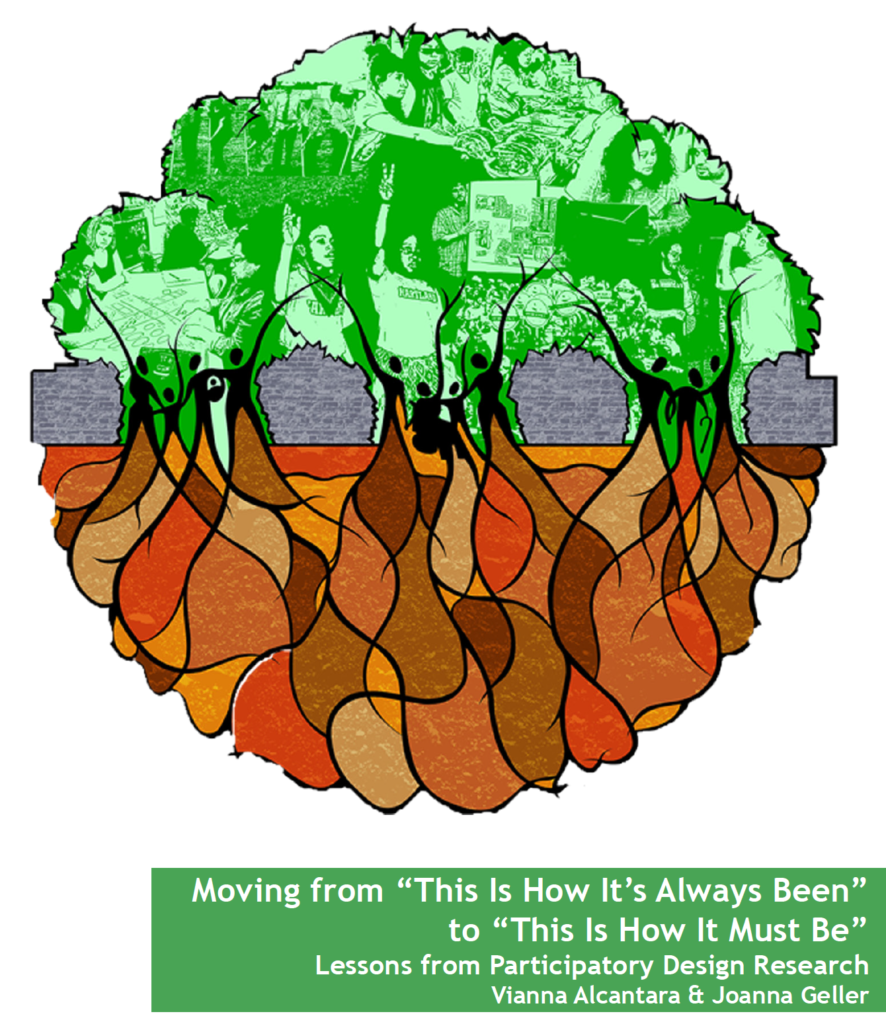
Vianna Alcantara and Joanna Geller co-authored this reflective piece on participatory design research and the lessons learned as FLDC members. Their hope is to “provide fellow researchers with an idea of how they may reimagine their relationships with one another and communities.” You can read more here. Read Article
Learning-in-Relation: Implementing and Analyzing Assets Based Pedagogies in a Higher Education Classroom

Timothy San Pedro is an author for Learning-in-Relation: Implementing and Analyzing Assets Based Pedagogies in a Higher Education Classroom. Here the authors examine the ways in which assets-based pedagogical theories in higher education classes play a role in identity and learning for instructors and students. Read more here. Read Article
Embodied Pathways and Ethical Trails: Studying Learning in and through Relational Histories
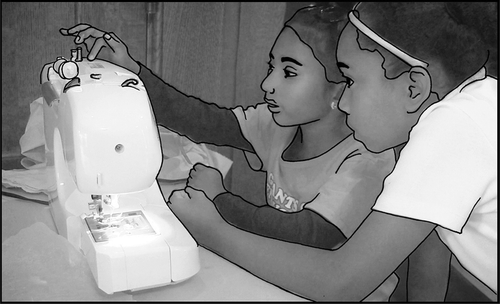
Shirin Vossoughi is an author in Embodied Pathways and Ethical Trails: Studying Learning in and through Relational Histories. Here the authors address how children’s physical interactions when they are learning together reflect histories, ethical stances and relationships over time, which can lead to acts of solidarity among children. To read more, click here. Read Article
Rethinking schools, rethinking learning

Carol Lee and Na’ilah Suad co-authored Rethinking schools, rethinking learning where they explore and rethink what we want from our schools and what we want them to offer and do for young people, especially now as inequitable schooling conditions have been amplified during the COVID-19 pandemic. Read more here. Read More
Family-School Relationships Are the Missing Link in COVID-19 Era Education

A variety of FLDC members authored a thoughtful article, Family-School Relationships Are the Missing Link in COVID-19 Era Education. The article touches upon the important value that is the collaboration between families, communities, and schools especially now as COVID-19 has further magnified the deeply rooted historical injustices found in our inequitable educational system. Read more […]
Restoring Indigenous Systems of Relationality
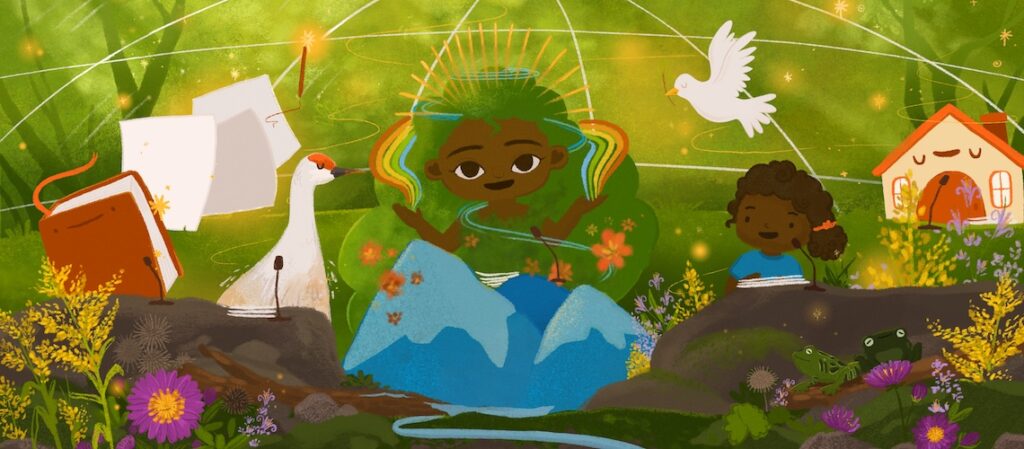
Megan Bang, along with several other Indigenous scholars, author Restoring Indigenous Systems Of Relationality, where they “imagine a world that fosters stronger human relationships with each other and with the land—the world that we need.” To read more click here! Read More
Teach-In on Critical Race Theory
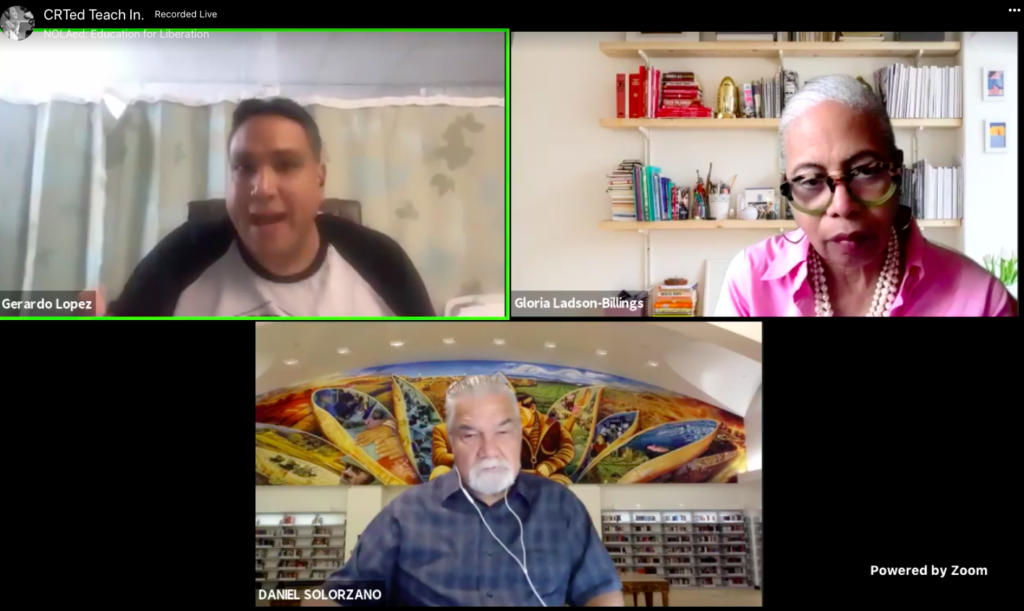
FLDC member Gerardo López was one of the speakers at a powerful virtual teach-in on Critical Race Theory hosted by NOLAed: Education for Liberation. Watch a recording here. Watch Here
Just Schools virtual book launch with Ann Ishimaru, Muhammad Khalifa, and Megan Bang
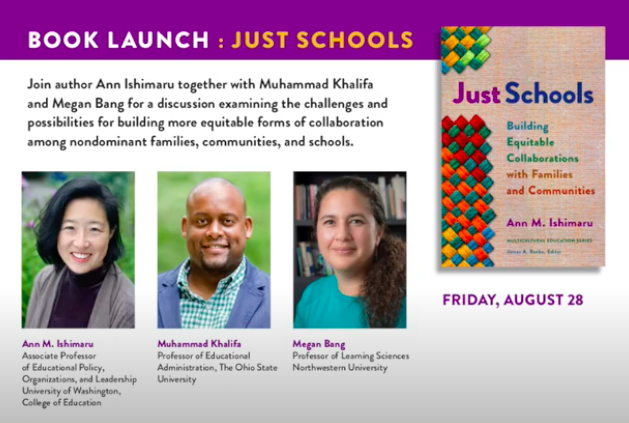
FLDC members Ann Ishimaru, Megan Bang, and Muhammad Khalifa discussed Ann’s book Just Schools and the challenges and possibilities for building more equitable forms of collaboration among nondominant families, communities, and schools in a recent webinar. Watch the recording here! Purchase
How to Engage with Families During COVID-19 Stay-at-Home Schooling

Check out this blog post, How to Engage with Families During COVID-19 Stay-at-Home Schooling, about FLDC member, Southeast Seattle Education Coalition (SESEC). In the post by Riddhi Divanji and Ella Shahn, SESEC Executive Director Erin Okuno shares, “we need to slow down and take time to build relationships. Relationships are the glue that holds our […]
Codesigning With Indigenous Families and Educators: Creating Robotics Education That Contributes to Indigenous Resurgence

FLDC member Megan Bang, along with Carrie Tzou, Elizabeth Starks, Meixi, Amanda Rambayon, Sara Marie Ortiz, Shawn Peterson, Paradise Gladstone, Ellie Tail, Arianna Chang, Elise Andrew, Xochitl Nevarez, Ashley Braun, wrote Codesigning With Indigenous Families and Educators, which explores “how a complex and highly collaborative partnership worked to examine its biases and assumptions in an […]
Ambulatory Sequences: Ecologies of Learning by Attending and Observing on the Move

Ananda Marin, FLDC member, is the author of “Ambulatory Sequences: Ecologies of Learning by Attending and Observing on the Move” which was published in the Cognition and Instruction journal. Abstract: There is a growing corpus of research in the educational sciences that explores the multiple ways in which mobility, or people’s movement from place to […]
Dismantle the School-to-Prison Pipeline, Remove Officers from Schools
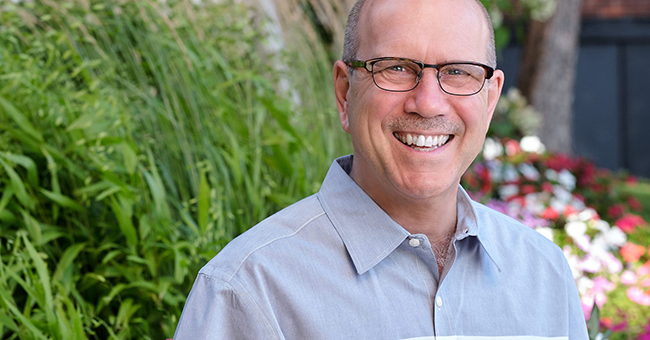
Mark Warren, FLDC member, was interviewed by Stephen Abbott with Organizing Engagement about the school-to-prison pipeline and why it must be dismantled. “Mark Warren is a professor of public policy and public affairs at the University of Massachusetts Boston’s McCormack Graduate School. Warren studies how broad-based alliances, grassroots organizing, and multiracial political action can advance […]
“Our Stories Are Powerful”: The Use of Youth Storytelling in Policy Advocacy to Combat the School-to-Prison Pipeline
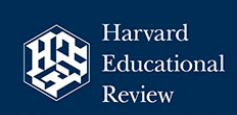
FLDC member Mark Warren, along with Jeffrey S. Moyer and Andrew R. King, are the authors of, “‘Our Stories Are Powerful’: The Use of Youth Storytelling in Policy Advocacy to Combat the School-to-Prison Pipeline” in the Summer 2020 Harvard Educational Review. Abstract: The use of narratives and storytelling has become an increasingly common strategy in […]
